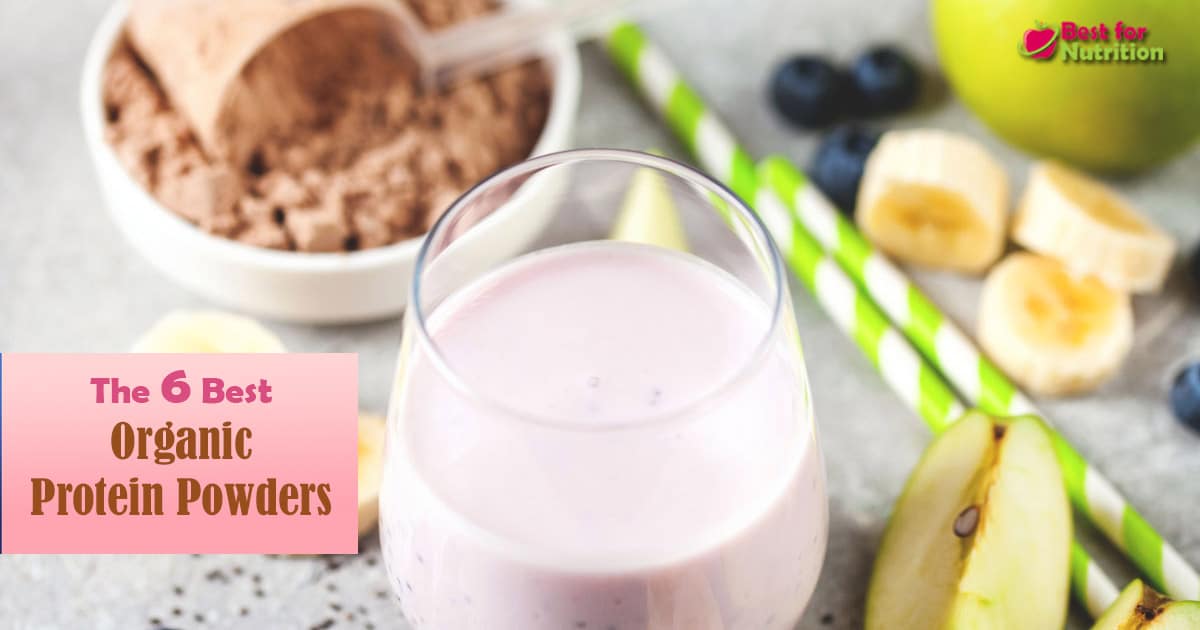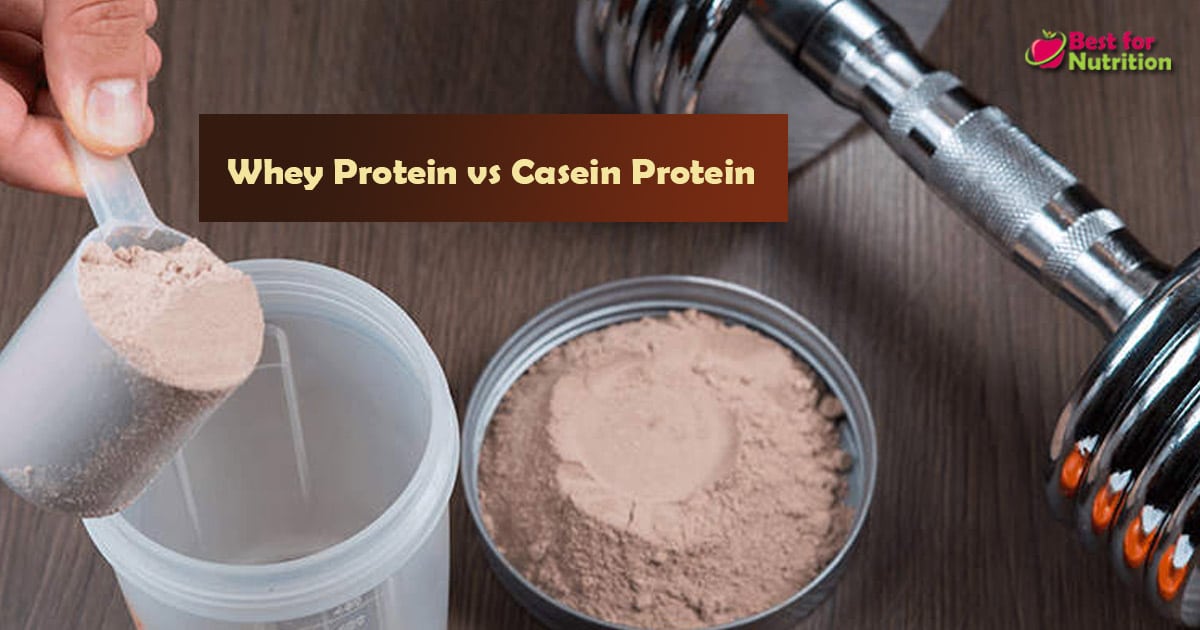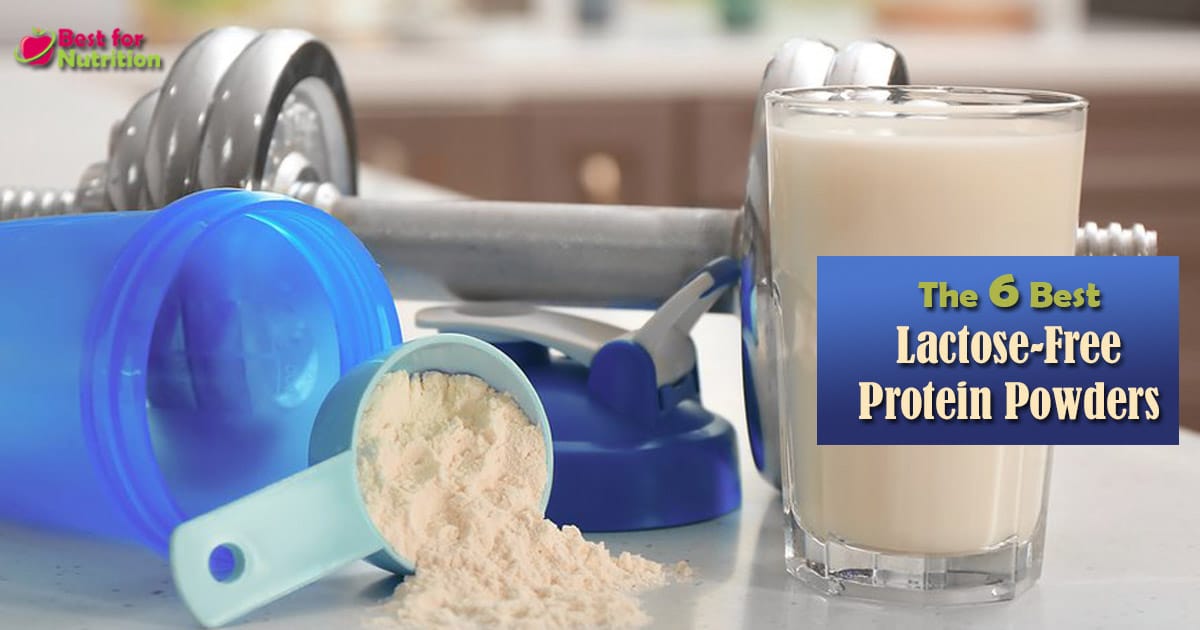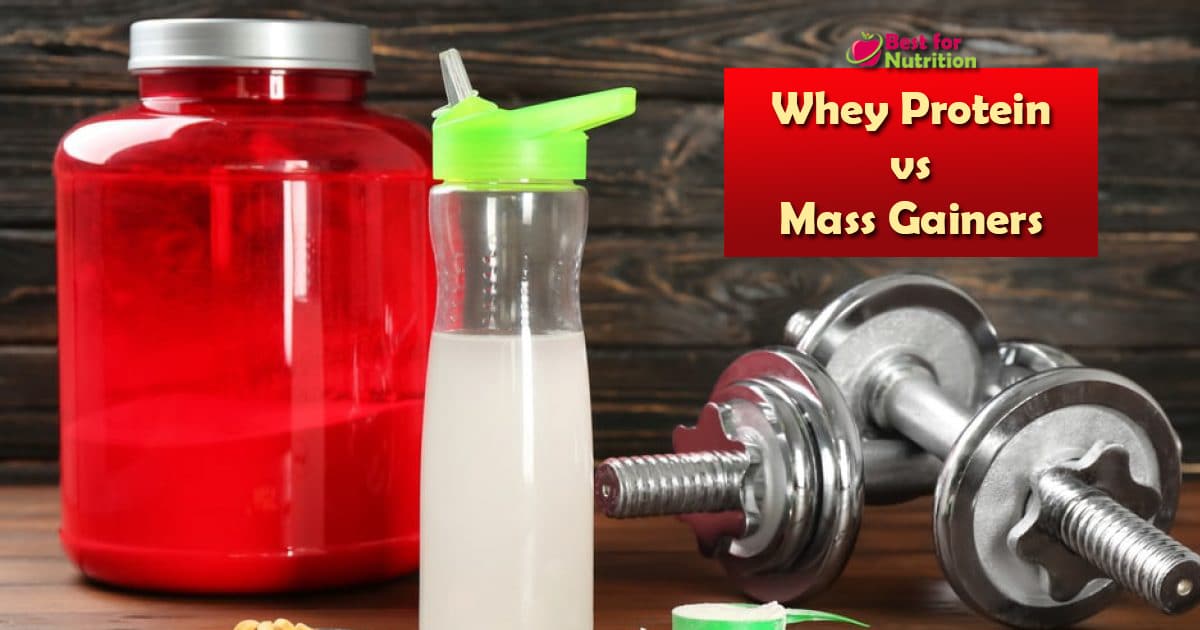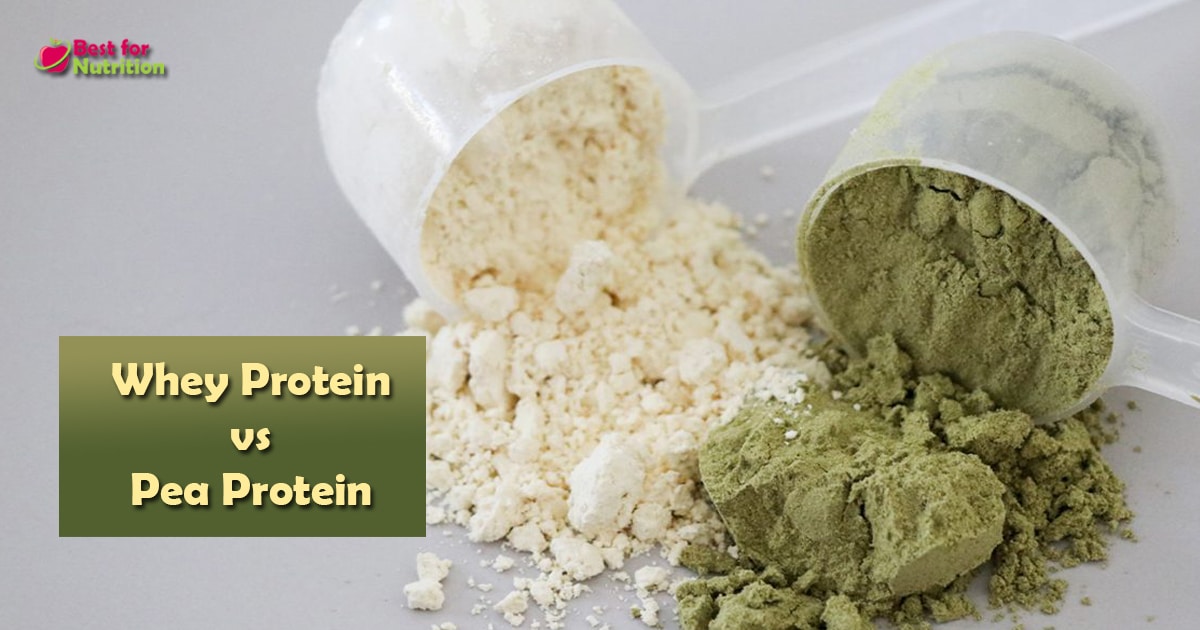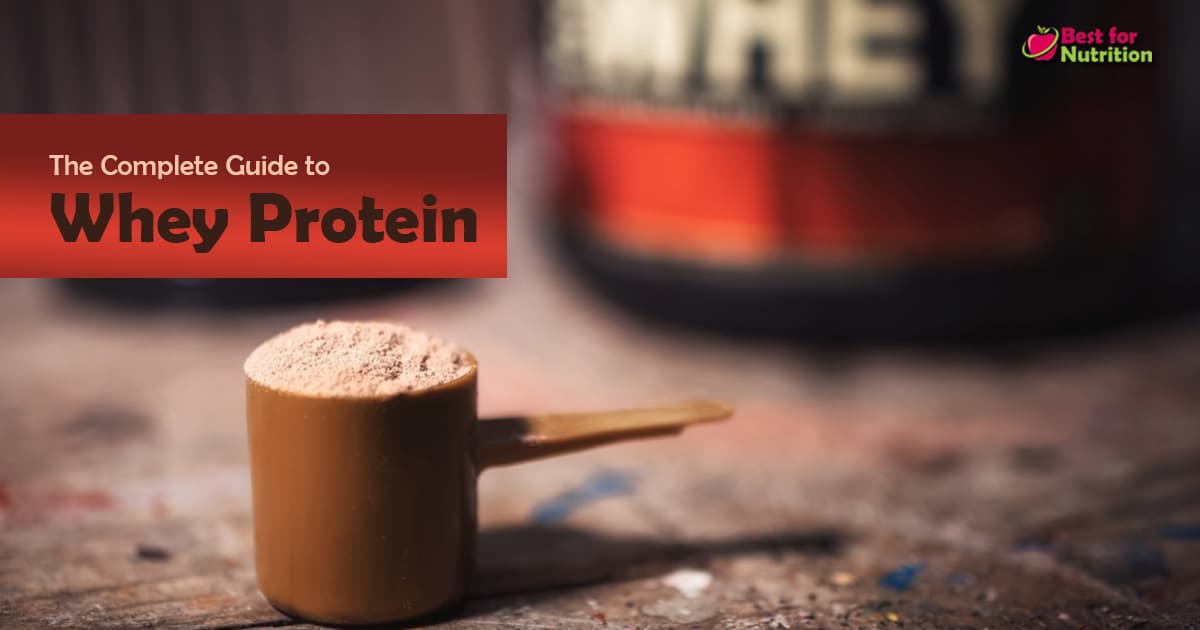Whey protein supplements not only contain all the key elements needed to support your intense workout, they are also easily available at great prices.
However, in terms of quality and convenience, there is another protein supplement that is getting very popular and is giving steep competition to whey. It’s none other than soy protein supplements!
These are becoming great substitutes as they are vegan, suitable for people with milk allergies, and mostly free from the main allergens in food.
Read on to learn everything you need to know about whey protein and soy protein to help you choose the one that suits your needs the best.
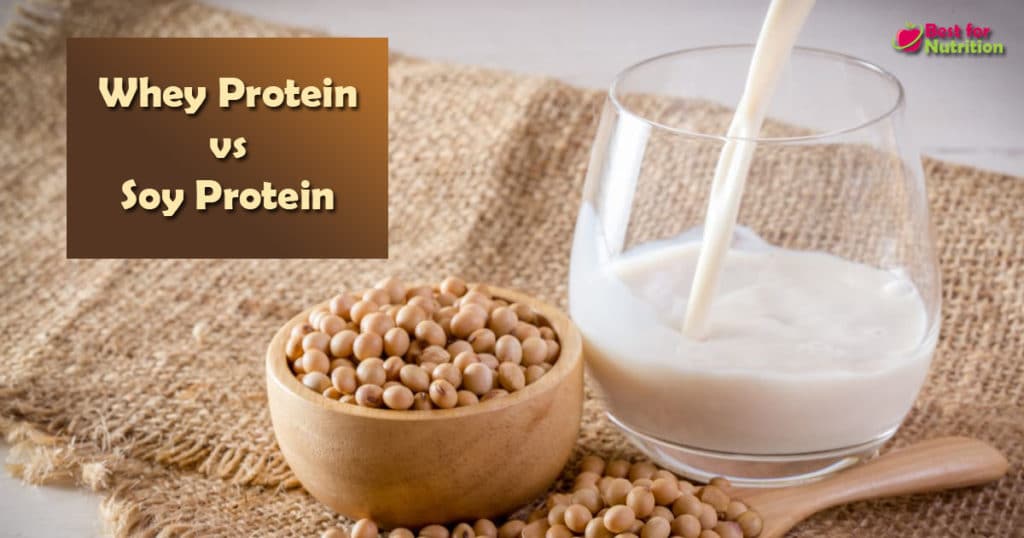
Whey Protein and its Benefits
Whey proteins are made from whey, which is the dark liquid that is left behind when milk is curdled (1). In fact, whey was an accidental discovery. When cheese was processed, the watery part that got separated used to be discarded as a byproduct which was of no use (2).
Later, it was realized that not only whey is usable but can be a great protein source, and its commercial value was discovered (3).
Whey is now marketed in its powdered form and has become very popular amongst bodybuilders and athletes as a high-quality protein source (4).
20 percent of cow’s milk is whey and it contains all the nine essential amino acids that our body needs from an outside source to function. These building blocks of protein can’t be produced by our bodies. This rich amino acid profile of whey aids in muscle growth and recovery (5).
Whey can be absorbed very fast in the body and is believed to be one of the highest sources of branched-chain amino acids (BCAAs) which are the most effective amino acids for muscle protein synthesis (6), (7). It also contains several bioactive compounds which have several health benefits (8), (9).
Though whey protein always has to lead the bandwagon in a protein supplement, people with dietary preferences such as vegans, or who are sensitive to milk protein can’t take whey for the simple reason that whey is a milk protein.
Summary: 20 percent of milk protein is whey, and it contains all the nine essential amino acids and several bioactive compounds that make it a complete protein with several health benefits. Its high BCAAs make it a popular supplement for muscle protein synthesis.
Soy Protein and its Benefits
Soy protein powder is made from defatted soybean flakes and contains around 90 percent protein. This plant-based protein like whey contains all the essential fatty acids, making them a great substitute for whey (10). This is especially true for people who prefer a non-animal protein source.
Soy protein also contains a high amount of glutamine and arginine that help in protein synthesis and boost your immunity by protecting your cells against oxidative stress (11), (12), (13).
Soy protein powders contain very little fat and absolutely no cholesterol. It is safe to use and is used to make infant soy formula (14).
Often, additional nutrients are added to soy protein powder to enhance their nutritional value and texture. It is highly effective in promoting the growth of lean muscle mass and at par with whey protein in this regard. Soy protein contains carbohydrates, though most are in the form of fibers that are good for health (15). The fat in soy protein is unsaturated fat and they have their own set of health benefits as well (16).
Summary: Soy supplement also contains all the amino acids that our body needs making it a complete protein as well. The fats in it are polyunsaturated which are good for the body and most carbohydrates are in the form of fibers.
What are the Differences Between Whey Protein and Soy Protein?
Origin
Soy protein comes from soybeans which are a type of legume that is one of the highest sources of plant protein. These soybeans are grounded and turned into a soybean meal which is then processed further into soy protein isolate, which consists of around 90-95% protein (17).
Whey protein is a milk protein that is produced by undergoing several steps of processing and creating whey concentrate, whey isolate and whey hydroxylate. They differ from each other in protein content and the isolate form contains 90-95% protein, which is the highest amongst them all.
Summary: Soy protein comes from soy, a legume, and whey protein comes from milk. Both of their isolate forms contain as much as 90-95%, making them a great choice as a protein supplement.
Amino Acid Profile
Whey and soy protein both are complete proteins containing all the essential amino acids that our body needs. However, the concentration differs in both.
Whey contains a higher amount of BCAAs i.e., leucine, isoleucine, valine, and methionine while soy contains a higher amount of arginine, phenylalanine, and tryptophan (18), (19).
As leucine has always been associated with higher muscle protein synthesis, bodybuilders chose whey protein over soy. 100 grams of whey can give you around 11-13 grams of leucine while soy gives about 8 or 9 grams. However, soy can very well cross this difference and give a similar effect.
For example, taking 20 grams of whey protein will amp your MPS as much as is achievable by 30 grams of soy protein. Apart from these main differences, whey and soy protein contains a lot of other non-essential amino acids that support our overall health.
Summary: Both whey and soy are a complete protein. When compared to each other, whey contains more BCAAs than soy whereas soy contains more arginine, phenylalanine, and tryptophan than whey.
Biological Values
The biological value of proteins gives us an understanding of absorbed protein from a food which can be used in protein synthesis by the body (20).
When whey and soy proteins are compared, whey proves to be better. The soy protein isolate is 74 whereas whey ranges from 104-159, depending on purity.
Summary: The biological value of whey is much better than soy which means it is better absorbed and utilized in our body more.
Taste and Texture
When it comes to taste, whey has an upper hand over soya protein. They have a smoother and creamy texture with a mild nutty flavor. Soy protein also has a nutty flavor but it is much stronger and texture-wise it is grainier.
However, both are available in a variety of flavors these days and some manufacturers put additives and stabilizers that make the final product creamier and richer.
Summary: Whey is smooth, creamy, and has a nutty flavor whereas soy has a much stronger flavor and a little more grainier than whey.
Shelf Life
Both whey and soy protein supplements are processed therefore have a good shelf life of a year or more. Don’t worry about whey protein getting spoiled as quickly as milk tends to.
Most whey supplement tubs have an expiration date of more than one year. In fact, even after you cross the given ‘best before’ date, it is still usable for the next few months depending on how well it’s stored.
Summary: Both whey and soy are highly processed protein powder with a good shelf life of more than one year or so.
Levels of Glutamine
Let’s not make a decision so soon. There are other points to consider as well. Soy protein contains a higher amount of glutamine than whey and this is very important as glutamine is an amino acid that plays a very crucial role in muscle repair and its growth (21).
Soy also contains more arginine that can turn into nitric oxide in the body and help in protein synthesis (22).
Summary: Soy protein contains more glutamine than whey that is very important for muscle repair and recovery.
Net Protein Utilization
Net Protein Utilization (NPU) of a food is the percentage of protein of that food which the body is able to retain after the food has been digested (23). It is a method to measure the quality of protein.
When measured on a scale of 1 to 100, the score 100 means all the amino acids that have been supplied by that particular food have been retained and used by the body.
When the NPU of whey and soy protein has been compared, whey scores 92 and soy scores 60. This clearly states that whey protein has better utilization by the body.
Summary: Whey has a greater net protein utilization (NPU) than whey which means it is absorbed better and leads the body into an anabolic state which is conducive to protein synthesis.
Dietary Restrictions
Milk contains lactose and people who are lactose intolerant show symptoms of abdominal pain, bloating, and diarrhea on consuming milk (24). Therefore, these people won’t be able to take whey, which is milk protein as well.
Whey isolates and hydro-isolates are believed to be lactose-free due to high processing, which can be appropriate for these people. Soy protein can be an ideal substitute for them provided they aren’t allergic to soy as well.
Summary: People who are allergic to milk protein or are lactose intolerant can’t take whey. Also, whey isn’t vegan friendly. Soy protein with its excellent amino acid profile can be a great substitute.
Other Nutritional Considerations
As whey comes from cow’s milk, it is not vegan friendly. Therefore, for people who are into vegan diets, soy will be a better option amongst the two.
When we talk about nutrition, whey and soy have more than just amino acids in them which also play an important part in aiding muscle protein synthesis. For example, soy contains vitamin B, E, and a great number of minerals such as iron, phosphorus, potassium, and zinc (25).
Whey proteins, on the other hand, have a great number of vitamins and minerals that include calcium, iron, potassium, and magnesium (26).
Summary: Both whey and soy come with several other vitamins and minerals that have their own health benefits. They also play an important part in keeping our body strong and healthy.
Impact on Testosterone Levels
Soy protein is clouded with controversy related to the high amount of phytoestrogens present in them (27). A lot of people argue that it may mimic estradiol, the primary female sex hormone. It can increase the estrogen level while decreasing the level of testosterone.
However, this argument hasn’t been verified completely and some studies have stated otherwise. According to them, not only phytoestrogens do not cause that strong an effect but can help keep you healthy as they are very strong antioxidants.
Genistein, one of the phytoestrogens in soy, has shown anticarcinogenic effects. A study published in Fertility and Sterility in 2010 observed that neither soy foods nor isoflavone supplement alters the testosterone concentration in men (28).
However, a 2017 study stated that the soya isoflavones permanently alter the structure and function of neuroendocrine pathways (29). More studies need to be done in this regard.
Summary: Soy protein contains phytoestrogens. As they mimic the female sex hormone, estrogen, it is sometimes contemplated that it can increase the estrogen level and decrease testosterone level. However, there has been conflicting observation and more studies are needed.
Anti-Nutrients
Soy protein has been known to contain phytates, also known as antinutrients as they reduce the bioavailability of minerals such as iron and zinc in the body (30).
However, while taking soy supplements, if your diet is adequately balanced, these antinutrients won’t affect you adversely.
Summary: Soy protein contains phytates which can adversely affect the absorption of minerals such as iron and zinc. However, when taken along with adequate nutrition and in moderation there is no such effect.
Price
Soy protein products are seen to be much cheaper than whey protein.
One kg of soy protein isolate may cost you around $9.5 while the same amount of whey concentrate will cost you $16.5, and whey isolates $18.5.
Summary: Even though whey is cheaper and highly affordable in comparison to most other protein supplements, soy protein has won this round. It is nearly half the price of whey.
Whey Protein vs Soy Protein: Which One is Superior?
With supplements, it’s never a one-size-fits-all approach. There are a lot of things which need to be considered before making your decision.
Both whey and soy are complete proteins. Even though the net protein utilization of whey is higher and so is its biological values, a little extra soy protein intake can very well compensate for it.
Whey has always been considered the undisputed king of protein supplements, however when it comes to vegan friendly supplements, soy protein is the right one. They are great for people with lactose intolerance and much cheaper than whey.
Whey and soy protein are very effective in muscle protein synthesis and aid in muscle development. Therefore, it is hard to crown one of them as the winner but your requirements and needs can help you choose one from the two.
Summary: Soy and whey protein, both are high quality proteins with their own distinct characteristics that make them highly effective and very popular. Based on your dietary restrictions and personal choice, you need to decide which is the right one for you.
The Final Note
Soy protein is a perfect alternative to whey or any other animal protein powder for people who are vegetarian, vegan, or lactose intolerant.
Although whey is the best protein supplement for muscle protein synthesis, soy is equally good with its high absorption rate, cheaper price, and near-equal amino acid profile.
Even though for most people, whey will always be the most convenient post-workout protein supplement, soy gives you an equally good choice.
Choose your protein supplement as per convenience, taste, and budget.
